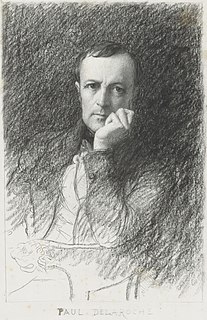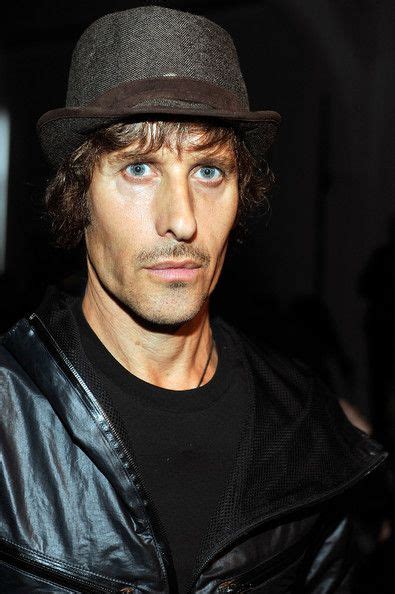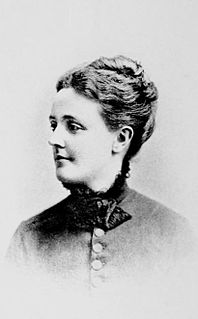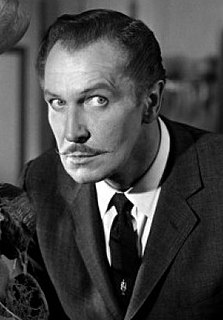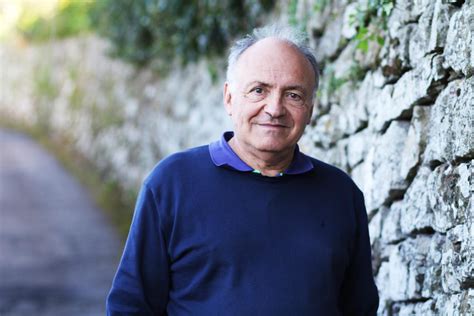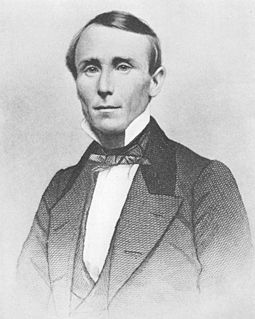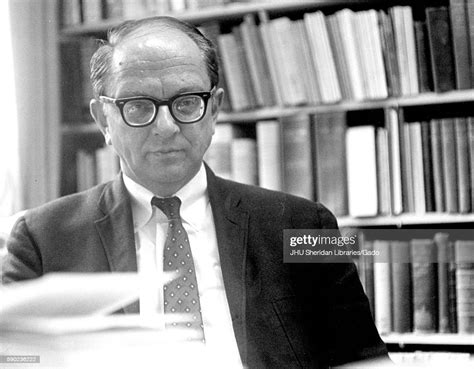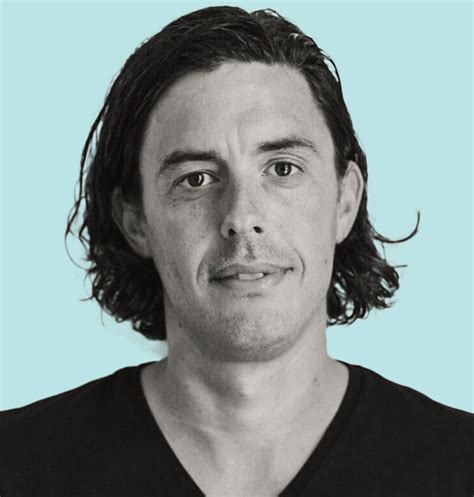A Quote by Paul Delaroche
The painter... will find [photography] a rapid way of making collections of studies he could otherwise obtain only with much time and trouble and, whatever his talents might be, in a far less perfect manner.
Related Quotes
If we are uncritical we shall always find what we want: we shall look for, and find, confirmations, and we shall look away from, and not see, whatever might be dangerous to our pet theories. In this way it is only too easy to obtain what appears to be overwhelming evidence in favor of a theory which, if approached critically, would have been refuted.
To the distracting occupations belong especially my lecture courses which I am holding this winter for the first time, and which now cost much more of my time than I like. Meanwhile I hope that the second time this expenditure of time will be much less, otherwise I would never be able to reconcile myself to it, even practical (astronomical) work must give far more satisfaction than if one brings up to B a couple more mediocre heads which otherwise would have stopped at A.
if you don't keep and guard and mature your force, and above all, have time and quiet to perfect your work, you will be writing things not much better than you did five years ago. ... you must write to the human heart, the great consciousness that all humanity goes to make up. Otherwise what might be strength in a writer is only crudeness, and what might be insight is only observation; sentimemnt falls to sentimentality - you can write about life, but never write life itself.
Sometimes you read a passage by a great writer, and you know what he says and how he says it will always be, for you, the only possible way it could be. Less often a painter will describe an event in a way that fits into your interpretation of that event so perfectly that it becomes the event itself.
Kindness, as we will see, has many facets. But its essence is as simple as can be. We will find that kindness is a way of making _less_ effort. It is the most economic attitude there is, because it saves us much energy that we might otherwise waste in suspicion, worry, resentment, manipulation, or unnecessary defense. It is an attitude that, by eliminating the inessential, brings us back to the simplicity of being.
History in the making is a very uncertain thing. It might be better to wait till the South American republic has got through withits twenty-fifth revolution before reading much about it. When it is over, some one whose business it is, will be sure to give you in a digested form all that it concerns you to know, and save you trouble, confusion, and time. If you will follow this plan, you will be surprised to find how new and fresh your interest in what you read will become.
The Enemy wants to bring the man to a state of mind in which he could design the best cathedral in the world, and know it to be the best, and rejoice in the fact, without being any more (or less) or otherwise glad at having done it than he would be if it had been done by another. The Enemy wants him, in the end, to be so free from any bias in his own favour that he can rejoice in his own talents as frankly and gratefully as in his neighbour's talents--or in a sunrise, an elephant, or a waterfall.
It is a fair trade and an equal exchange: to the extent that you depart from things, thus far, no more and no less, God enters into you with all that is his, as far as you have stripped yourself of yourself in all things. It is here that you should begin, whatever the cost, for it is here that you will find true peace, and nowhere else.
Were it not for this [dissatisfaction], the perfect painting might be painted, on the completion of which the painter could retire. It is this great insufficiency that drives him on. The process of creation becomes necessary to the painter perhaps more than it is in the picture. The process is in fact habit-forming.
